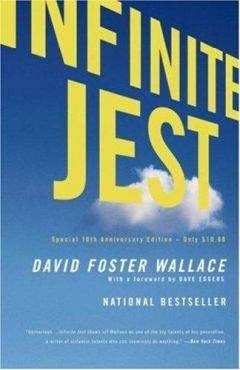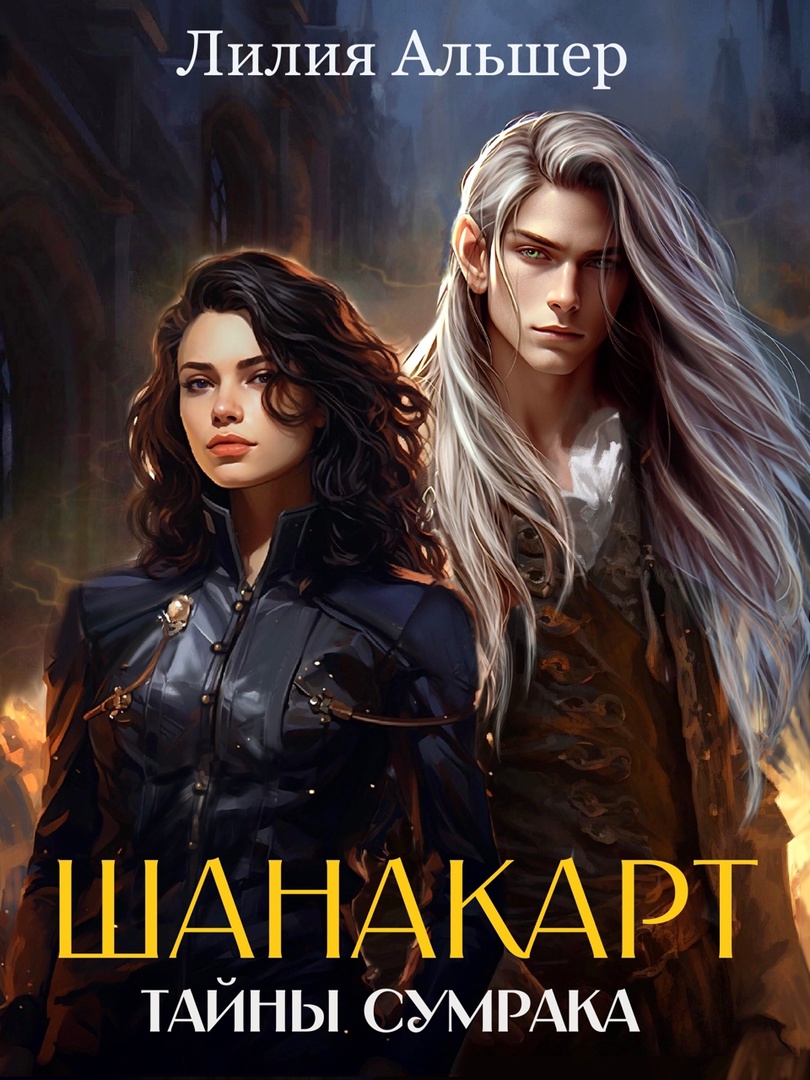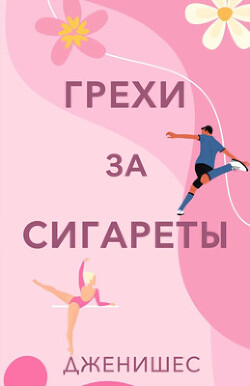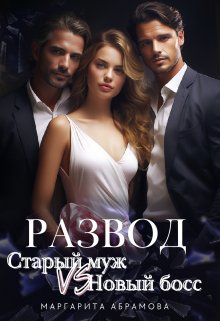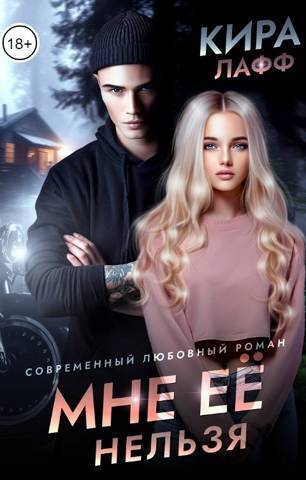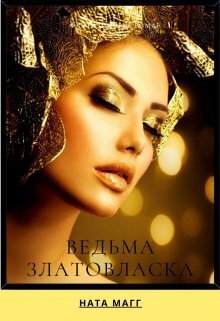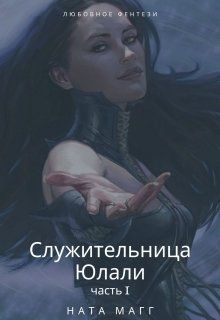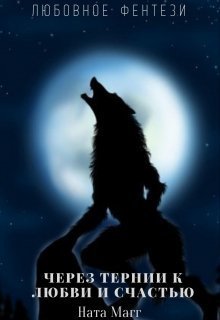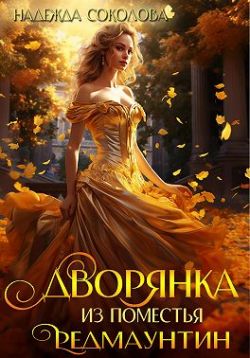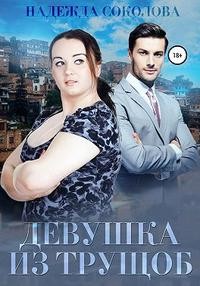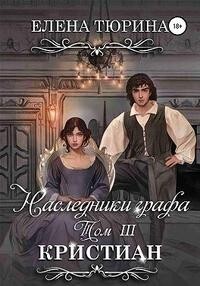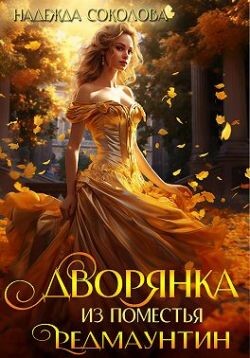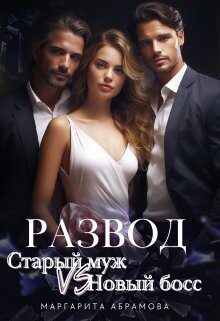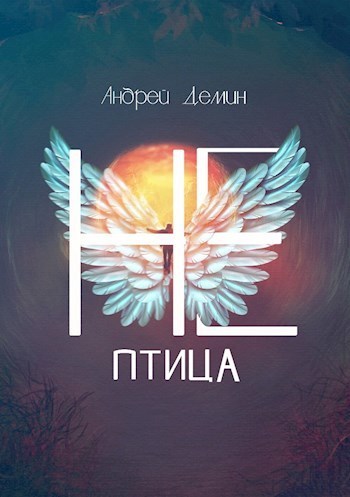Илья Франк - Английский язык с Ф. Баумом. Волшебник Изумрудного Города

Помощь проекту
Английский язык с Ф. Баумом. Волшебник Изумрудного Города читать книгу онлайн
half [hQ:f], frightened [fraItnd], true [tru:], mistaken [mI'steIk(q)n]
"But I thought all witches were wicked," said the girl, who was half frightened at facing a real witch. "Oh, no, that is a great mistake. There were only four witches in all the Land of Oz, and two of them, those who live in the North and the South, are good witches. I know this is true, for I am one of them myself, and cannot be mistaken. Those who dwelt in the East and the West were, indeed, wicked witches; but now that you have killed one of them, there is but one Wicked Witch in all the Land of Oz — the one who lives in the West."
"But (но)," said Dorothy, after a moment's thought (сказала Дороти после минутного раздумья), "Aunt Em has told me that the witches were all dead (Тетушка Эм сказала мне, что все ведьмы умерли) — years and years ago (давным-давно: «годы и годы тому назад»)."
"Who is Aunt Em (кто такая Тетушка Эм)?" inquired the little old woman (спросила маленькая старушка).
"She is my aunt who lives in Kansas (это моя тетя, которая живет в Канзасе), where I came from (откуда я прибыла; to come from — приходить откуда-либо; происходить откуда-либо)." The Witch of the North seemed to think for a time (Ведьма Севера, казалось, задумалась на некоторое время), with her head bowed (склонив голову: «со своей головой склоненной»; to bow — гнуться, сгибаться; наклонить, склонить голову) and her eyes upon the ground (и /опустив/ глаза на землю). Then she looked up and said (затем она подняла взгляд и сказала), "I do not know where Kansas is (я не знаю, где находится Канзас), for I have never heard that country mentioned before (потому что я никогда не слышала ранее, чтобы об этой стране упоминали: «никогда ранее не слышала эту страну упомянутой»; to mention smth. — упоминать, ссылаться на что-либо). But tell me, is it a civilized country (но, скажи мне, это цивилизованная страна)?"
"Oh, yes," replied Dorothy (ответила Дороти).
bow [bau], ground [graund], country ['kAntrI], civilized ['sIv(q)laIzd]
"But," said Dorothy, after a moment's thought, "Aunt Em has told me that the witches were all dead — years and years ago."
"Who is Aunt Em?" inquired the little old woman.
"She is my aunt who lives in Kansas, where I came from." The Witch of the North seemed to think for a time, with her head bowed and her eyes upon the ground. Then she looked up and said, "I do not know where Kansas is, for I have never heard that country mentioned before. But tell me, is it a civilized country?"
"Oh, yes," replied Dorothy.
"Then that accounts for it (тогда это все объясняет; to account — давать отчет; to account for smth. — объяснять; account — отчет). In the civilized countries I believe there are no witches left (в цивилизованных странах, полагаю, не осталось ни ведьм; to believe — верить; думать, полагать), nor wizards (ни волшебников), nor sorceresses (ни волшебниц), nor magicians (ни магов). But, you see, the Land of Oz has never been civilized (но, видишь ли, Страна Оз никогда не была цивилизованной), for we are cut off from all the rest of the world (потому что мы отрезаны от всего остального мира; to cut — резать, разрезать; перен. разрезать, разрывать /связи, отношения и т. п./). Therefore we still have witches and wizards amongst us (поэтому у нас все еще есть ведьмы и волшебники среди нас)."
"Who are the wizards (а кто такие волшебники)?" asked Dorothy.
account [q'kaunt], wizard ['wIzqd], magician [mq'dZIS(q)n], therefore ['DeqfO:]
"Then that accounts for it. In the civilized countries I believe there are no witches left, nor wizards, nor sorceresses, nor magicians. But, you see, the Land of Oz has never been civilized, for we are cut off from all the rest of the world.
Therefore we still have witches and wizards amongst us."
"Who are the wizards?" asked Dorothy.
"Oz himself is the Great Wizard (сам Оз — Великий Волшебник)," answered the Witch, sinking her voice to a whisper (ответила Ведьма, понижая голос до шепота; to sink — тонуть, утопать; to sink to a state — опускаться, доходить до какого-либо состояния). "He is more powerful than all the rest of us together (он более могущественный, чем все /остальные/ из нас вместе /взятые/). He lives in the City of Emeralds (он живет в Городе Изумрудов = в Изумрудном Городе)." Dorothy was going to ask another question (Дороти собиралась задать другой = следующий вопрос), but just then the Munchkins, who had been standing silently by (но как раз тогда = в тот момент Манчкины, которые стояли молча рядом), gave a loud shout (издали громкий крик = громко закричали) and pointed to the corner of the house where the Wicked Witch had been lying (и /стали/ указывать на угол дома, где лежала Злая Ведьма).
"What is it (в чем дело)?" asked the little old woman (спросила маленькая старушка), and looked, and began to laugh (а взглянув, начала смеяться). The feet of the dead Witch had disappeared entirely (ноги мертвой Ведьмы полностью исчезли; to disappear — исчезать, пропадать), and nothing was left but the silver shoes (и ничего не осталось: «не было оставлено», кроме серебряных башмаков; to leave).
voice [vOIs], city ['sItI], emerald ['em(q)rqld], question ['kwestS(q)n], laugh [lQ:f], disappear ["dIsq'pIq], entirely [In'taIqlI]
"Oz himself is the Great Wizard," answered the Witch, sinking her voice to a whisper. "He is more powerful than all the rest of us together. He lives in the City of Emeralds." Dorothy was going to ask another question, but just then the Munchkins, who had been standing silently by, gave a loud shout and pointed to the corner of the house where the Wicked Witch had been lying.
"What is it?" asked the little old woman, and looked, and began to laugh. The feet of the dead Witch had disappeared entirely, and nothing was left but the silver shoes.
"She was so old (она была настолько старой)," explained the Witch of the North (объяснила Ведьма Севера), that she dried up quickly in the sun (что она быстро высохла на солнце; to dry /up/ — сушить, сохнуть; высыхать). That is the end of her (это ее конец; end — конец, край; конец, исчезновение, кончина). But the silver shoes are yours (а серебряные башмаки — твои), and you shall have them to wear (и ты можешь их носить: «они будут у тебя, чтобы носить»)." She reached down and picked up the shoes (она нагнулась и подняла башмаки; to reach down — доставать, снимать; тянуться /вытягивать руку/ вниз), and after shaking the dust out of them handed them to Dorothy (и, вытряхнув из них пыль, вручила их Дороти; dust — пыль; прах, тлен; hand — рука /кисть/; to hand — передавать, вручать).
"The Witch of the East was proud of those silver shoes (Ведьма Востока гордилась этими серебряными башмаками; proud — гордый; обладающий чувством собственного достоинства; испытывающий чувство гордости, удовлетворения; to be proud of smth. — гордиться чем-либо)," said one of the Munchkins (сказал один из Манчкинов), "and there is some charm connected with them (и есть некая магическая сила, связанное с ними; charm — шарм, обаяние; заклинание, магическая формула) but what it is we never knew (но что это /за магическая сила/, мы так никогда и не узнали)."
Dorothy carried the shoes into the house and placed them on the table (Дороти отнесла башмаки в дом и положила их на стол; to place — помещать, класть). Then she came out again to the Munchkins and said (затем она снова вышла /из дома/ к Манчкинам и сказала): "I am anxious to get back to my aunt and uncle (я очень хочу вернуться /назад/, к своим тете и дяде; anxious — озабоченный, беспокоящийся; сильно желающий), for I am sure they will worry about me (так как я уверена, что они будут беспокоиться обо мне). Can you help me find my way (можете ли вы помочь мне найти дорогу)?" The Munchkins and the Witch first looked at one another (Манчкины и Ведьма сначала посмотрели друг на друга = переглянулись), and then at Dorothy, and then shook their heads (а затем /посмотрели/ на Дороти, а затем покачали головами; to shake — трястись; встряхивать; качать).
explain [Ik'spleIn], dry up ['draI'Ap], wear [weq], reach [ri:tS], charm [tSQ:m], anxious ['xNkSqs], worry ['wArI]
"She was so old," explained the Witch of the North, that she dried up quickly in the sun. That is the end of her. But the silver shoes are yours, and you shall have them to wear." She reached down and picked up the shoes, and after shaking the dust out of them handed them to Dorothy.
"The Witch of the East was proud of those silver shoes," said one of the Munchkins, "and there is some charm connected with them; but what it is we never knew." Dorothy carried the shoes into the house and placed them on the table. Then she came out again to the Munchkins and said: "I am anxious to get back to my aunt and uncle, for I am sure they will worry about me. Can you help me find my way?" The Munchkins and the Witch first looked at one another, and then at Dorothy, and then shook their heads.
"At the East, not far from here (на Востоке, недалеко отсюда)," said one (сказал один), "there is a great desert (/лежит/ огромная пустыня), and none could live to cross it (никто не может перейти ее и остаться в живых: «жить, чтобы перейти ее»; to live — жить, существовать; выдерживать, не погибать)."
"It is the same at the South (то же самое на Юге)," said another (сказал другой), "for I have been there and seen it (потому что я бывал там и видел ее /пустыню/). The South is the country of the Quadlings (Юг — это страна Кводлингов)."
"I am told (мне говорили)," said the third man (сказал третий мужчина), "that it is the same at the West (что и на Западе то же самое). And that country, where the Winkies live, is ruled by the Wicked Witch of the West (и что страной, где живут Винки: «Мигуны», правит Злая Ведьма Запада; to wink — мигать; подмигивать), who would make you her slave if you passed her way (которая делает тебя своим рабом, если проходишь по ее стране; to pass — идти, проходить, проезжать; way — путь, дорога; район, местность, сторона)."
east [i:st], desert ['dezqt], west [west]
"At the East, not far from here," said one, "there is a great desert, and none could live to cross it."
"It is the same at the South," said another, "for I have been there and seen it. The South is the country of the Quadlings."
"I am told," said the third man, "that it is the same at the West. And that country, where the Winkies live, is ruled by the Wicked Witch of the West, who would make you her slave if you passed her way."
"The North is my home (Север — мой дом)," said the old lady, "and at its edge is the same great desert that surrounds this Land of Oz (и у его окраины лежит та же самая огромная пустыня, которая окружает Страну Оз; edge — кромка, край; грань, граница). I'm afraid, my dear, you will have to live with us (боюсь, дорогая, тебе придется /остаться/ жить с нами)." Dorothy began to sob at this (Дороти начала рыдать при этих /словах/), for she felt lonely among all these strange people (потому что она чувствовала себя одинокой среди этих чужих людей). Her tears seemed to grieve the kind-hearted Munchkins (ее слезы, казалось, огорчили добросердечных Манчкинов), for they immediately took out their handkerchiefs and began to weep also (потому что они тотчас же достали свои носовые платки и тоже начали плакать). As for the little old woman, she took off her cap (что же касается маленькой старушки, то она сняла свою шапку; cap — кепка, шапка /в отличие от шляпы, hat/) and balanced the point on the end of her nose (и установила ее острым концом на кончике своего носа; to balance — сохранять равновесие, быть в равновесии; уравновешивать), while she counted "One, two, three" in a solemn voice (пока она считала: «Раз, два, три» торжественным голосом; solemn — священный, святой; торжественный). At once the cap changed to a slate (тут же шапка превратилась в грифельную доску; to change — меняться, изменяться; превращаться; slate — аспидный сланец; грифельная доска), on which was written in big, white chalk marks (на которой было написано большими белыми меловыми буквами; mark — знак, метка):
